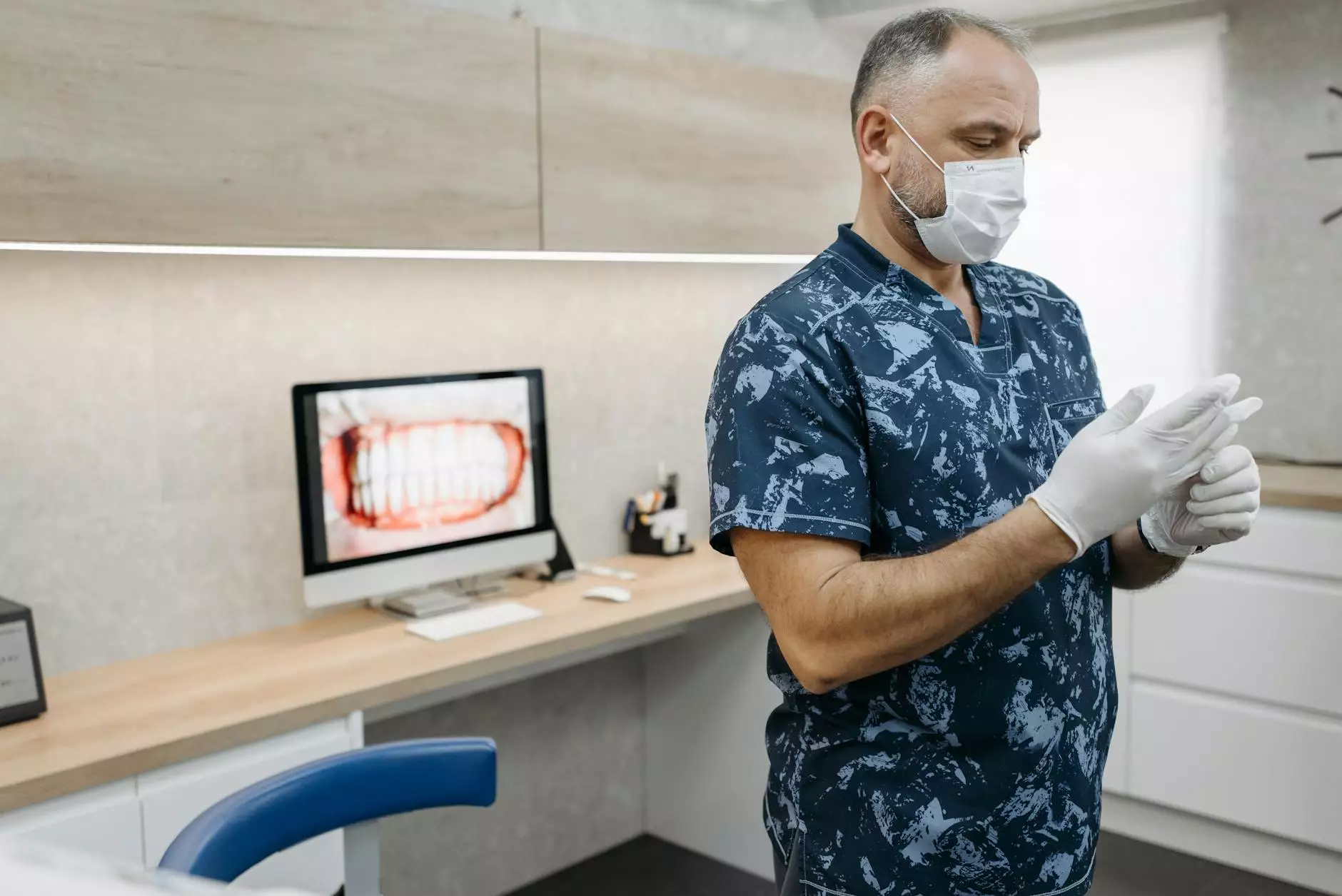Comprehensive Guide to Wisdom Teeth Removal: Everything You Need to Know

Understanding Wisdom Teeth
Wisdom teeth, or third molars, typically emerge during late adolescence or early adulthood, usually between the ages of 17 and 25. These teeth can often be problematic due to a lack of space in the mouth, leading to potential dental issues. Understanding their purpose, development, and when removal may be necessary is crucial for maintaining optimal oral health.
Why Do Wisdom Teeth Need to Be Removed?
The necessity for wisdom teeth removal varies from person to person, but there are several common reasons:
- Impaction: Wisdom teeth can become impacted if there isn't enough space in the mouth. This can lead to pain, infection, and damage to nearby teeth.
- Crowding: If the jaw is not large enough to accommodate the wisdom teeth, they can crowd other teeth, leading to misalignment.
- Cavities and Gum Disease: Wisdom teeth are more difficult to clean, which can result in cavities or gum disease if not removed in a timely manner.
- Infection: Partially erupted wisdom teeth can create pockets that harbor bacteria, leading to infections.
Signs You May Need Wisdom Teeth Removal
Recognizing the symptoms that indicate wisdom teeth removal is necessary can help you seek treatment early:
- Pain: Persistent pain at the back of your mouth.
- Swelling: Inflamed gums or swollen cheeks could indicate issues with your wisdom teeth.
- Difficulty Opening Your Mouth: Stiffness in the jaw can be a sign of problems.
- Bad Breath or Unpleasant Taste: These can result from infection or impacted teeth.
The Wisdom Teeth Removal Procedure
The procedure for wisdom teeth removal is generally straightforward, though the complexity can vary depending on the tooth's position and impaction level.
Pre-Operative Consultation
Before the procedure, a thorough examination of your mouth and possibly X-rays will take place to determine the best course of action. Your dentist or oral surgeon will discuss:
- Your medical history
- The expected recovery process
- The anesthesia options available
The Procedure Itself
During the surgery, you may be given local anesthesia, sedation, or general anesthesia, depending on your comfort level and complexity of the extraction. The typical steps of the procedure include:
- Anesthesia: Numbing the area to eliminate discomfort.
- Incision: Making an incision in the gum if the tooth is impacted.
- Tooth Removal: Extracting the tooth. In some cases, the tooth may need to be divided into smaller pieces for easier removal.
- Stitches: Closing the incision with stitches if necessary.
Recovery After Wisdom Teeth Removal
Post-operative care is crucial to ensure smooth recovery. Here’s what to expect:
Immediate Care
The first 24 hours are vital:
- Keep gauze over the extraction site to control bleeding.
- Rest and avoid strenuous activities.
Dietary Recommendations
During recovery, it's important to consume soft foods and plenty of fluids. Avoid:
- Hard, crunchy foods
- Hot beverages
- Alcohol and smoking
Managing Discomfort
For pain management, your dentist may recommend:
- Over-the-counter pain relievers, such as ibuprofen or acetaminophen.
- Ice packs to reduce swelling.
Potential Risks and Complications
Though wisdom teeth removal is generally safe, like any medical procedure, it carries risks:
- Infection: A risk post-surgery if proper care is not followed.
- Nerve Damage: There’s a slight risk of nerve injury that can cause numbness or pain.
- Dry Socket: This condition occurs when the blood clot that forms in the extraction site dislodges, leading to pain and delayed healing.
Alternatives to Wisdom Teeth Removal
In some cases, wisdom teeth removal may not be necessary. Alternatives include:
- Monitoring: Regular check-ups to monitor the wisdom teeth's development.
- Orthodontic Care: If crowding is an issue, orthodontic treatments may align teeth without removal.
When to See a Dentist
It's crucial to maintain regular dental check-ups. If you experience any concerning symptoms related to your wisdom teeth, consult your dentist immediately. They can provide a thorough evaluation and discuss the best treatment options tailored for your oral health.
Finding the Right Dentist for Wisdom Teeth Removal
Choosing the right dental professional is essential for a successful wisdom teeth removal procedure. Consider the following factors:
- Experience: Look for a dentist or oral surgeon with extensive experience in wisdom teeth extractions.
- Patient Reviews: Read testimonials from previous patients to gauge satisfaction.
- Technology: Ensure the practice uses up-to-date dental technology and techniques.
- Comfort Level: Choose a provider who makes you feel comfortable and well-informed about the procedure.
Conclusion
In summary, wisdom teeth removal can play a vital role in maintaining your overall dental health. Staying informed about the reasons for extraction, the removal process, potential risks, and recovery can significantly reduce anxiety surrounding the procedure. If you suspect your wisdom teeth may be causing problems, don't hesitate to reach out to a qualified dental professional for advice and care.
© 2023 Clear Dental. All rights reserved.









